There is currently a European Citizen's Initiative collecting votes, or support, for a rollout of Universal Basic Income throughout out the EU. The form for voting intentionally increases cognitive load, making voting difficult for many overlooked citizens.
In their own words:
Our aim is to establish the introduction of unconditional basic incomes throughout the EU which ensure every person’s material existence and opportunity to participate in society as part of its economic policy. This aim shall be reached while remaining within the competences conferred to the EU by the Treaties.
When looking at the form I noticed an accessibility issue I have been writing about here on my blog since 2006. Something myself and many other accessibility advisors have been warning web developers about for more than 16 years!
In 2022 it's being used in an EU-wide "democratic" voting system.
The issue of captchas
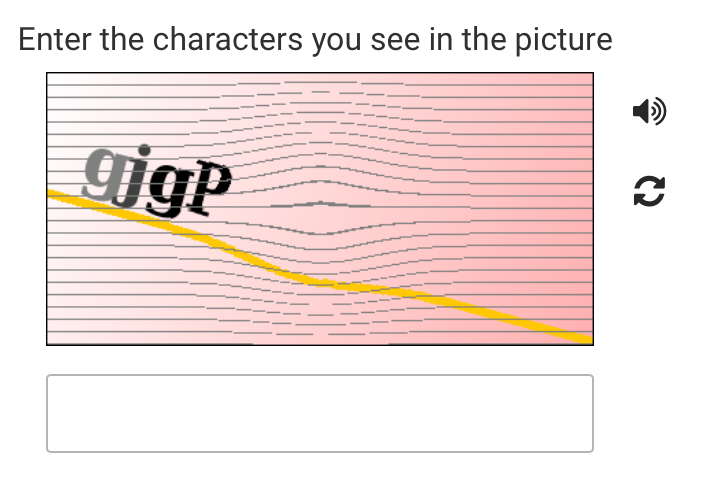
The word captcha is actually an acronym, one that I know few remember today. It stands for Completely Automated Public Turing test to tell Computers and Humans Apart. The idea is to display an image, or sometimes riddle or math problem, that is difficult for computers to interpret. The intent is to prevent automated bots from filling out forms.
The dilemma is obvious: Something that is difficult for computers to interpret will inevitably be difficult also for many humans.
In order to place my vote on the European Citizen's Initiative website, I need to understand the captcha. Ideally I need to understand why it's even there. At the very least I have to be able to see and understand the letters and the fact that I must make an effort to interpret those letters and type them into a form field.
Captchas harm more than they help
The captcha doesn't test to see if I am human. It tests if I am a certain kind of human. It excludes some humans and welcomes specially trained computers. It essentially raises a barrier for people with cognitive challenges, which includes people in stressful environments, people with language difficulties, dyslexia and illiteracy. And I won't even get into people using assistive technology.
Yes, there is an alternative available for people who need to hear the captcha. But look at my example above. The letters are g-j-g-P. If you have any difficulty with the English language, that would be a struggle as well. Provided you find the button to listen.
From a democratic perspective this is of course horrendous. And I especially reacted this time perhaps because of the topic of the vote. The very people who could stand to benefit the most from Universal Basic Income will in many cases find it very difficult to even vote on the issue. The voting platform itself becomes an example of structural inequality.
Doing better when building online voting systems is long overdue.
Pro tip
If you truly want to do better, the World Wide Web Consortium has a guide on the inaccessibility of captchas and alternatives to visual turing tests on the web. Variants of this guide have been published since almost two decades.



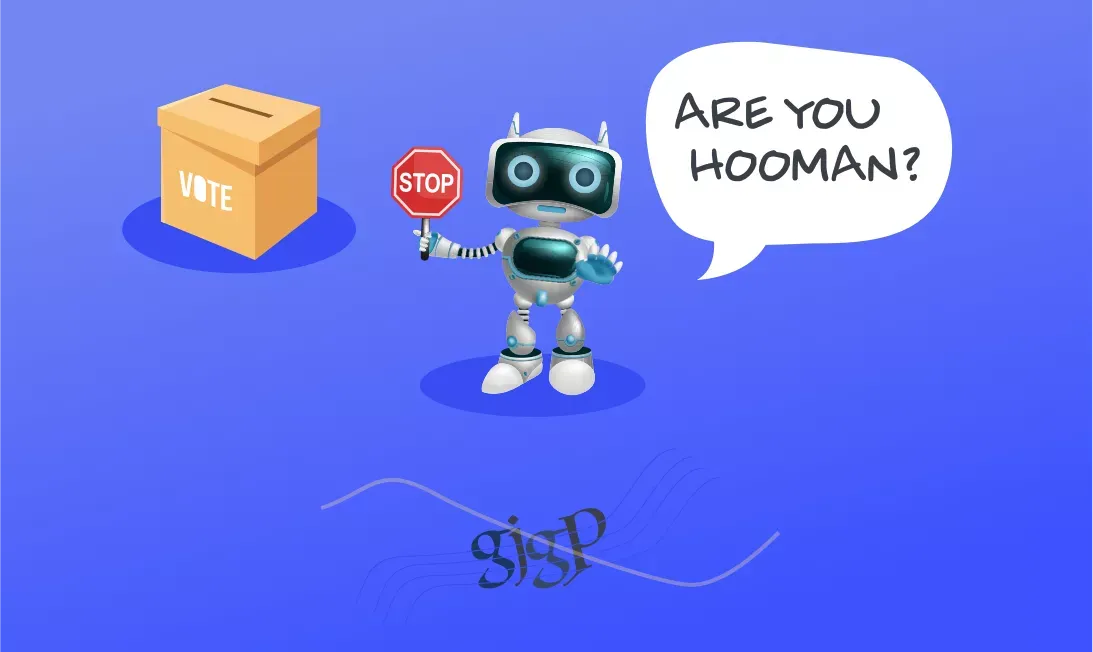
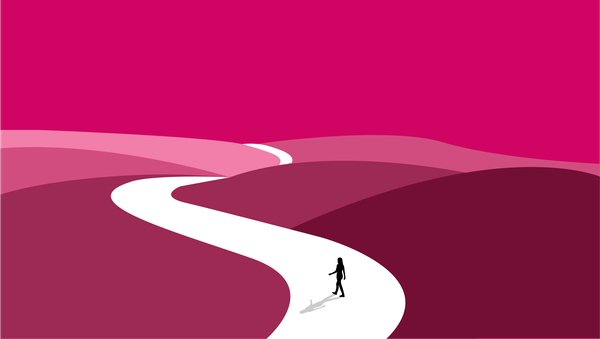
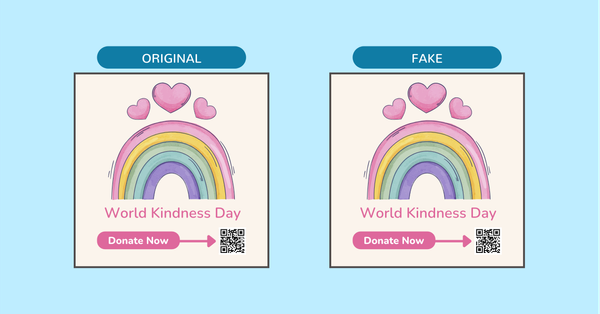
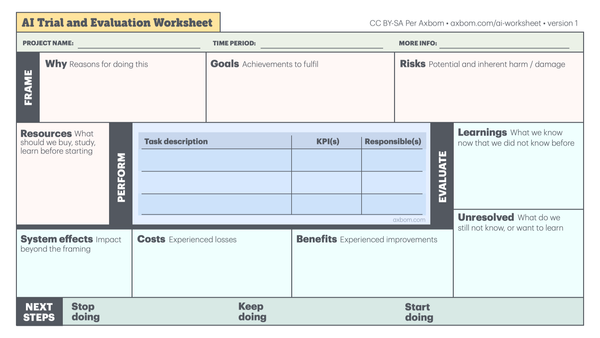
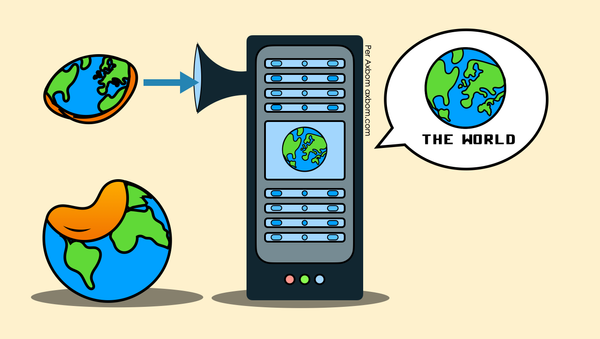
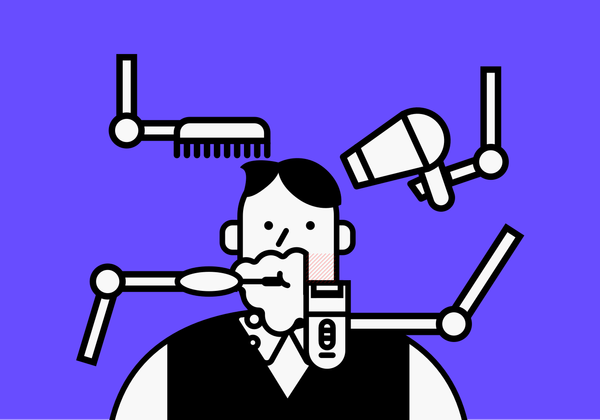
Member discussion